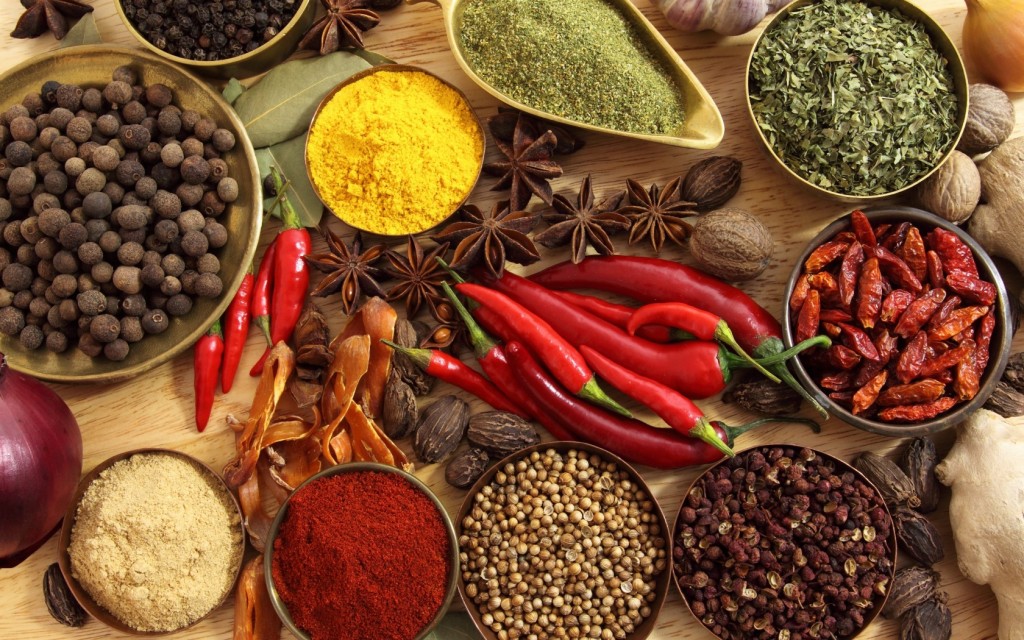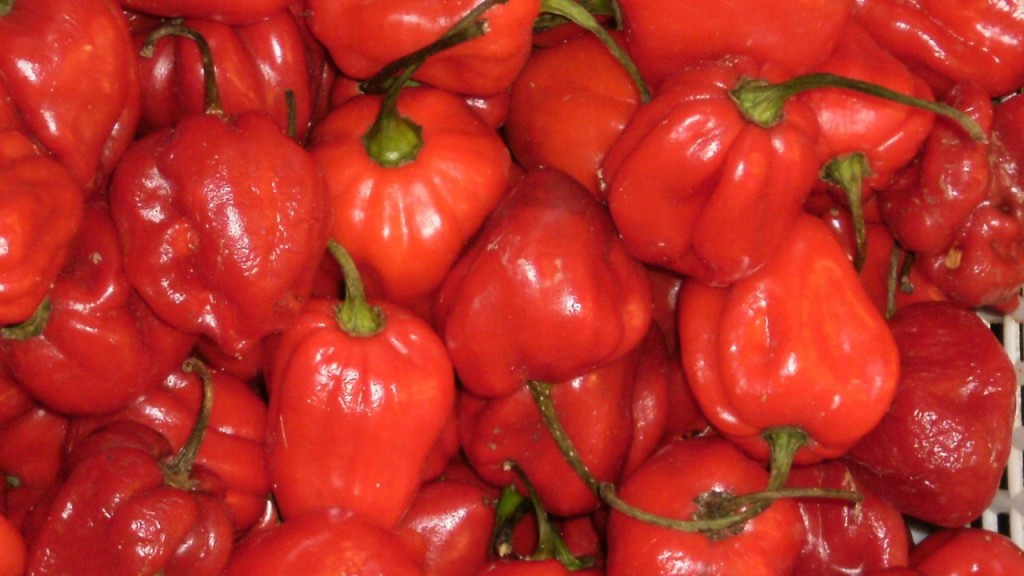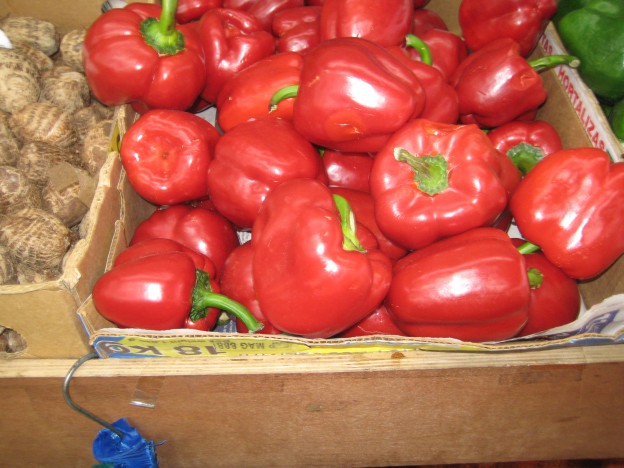
Ata-ṣọmbọ, Ata-wẹ́wẹ́, Ata-Ijọsin, Ata gbigbẹ, Ata gígún àti awọn èlò ọbẹ̀ – Jalapeno, Serrano, Cayenne & various spices. Courtesy: @theyorubablog
Ata ṣe pàtàki ninu àwọn èlò ọbẹ̀. Yorùbá ni “Ẹ̀mí ti ò jata, ẹ̀mí yẹpẹrẹ” nitori eyi, lai si ata ninu ọbẹ̀, ọbẹ̀ o pe. Ko si ọbẹ̀ Yoruba ti enia ma jẹ lai ni ata, fún àpẹrẹ wọn ki jẹ ila funfun tàbi Ewédú ti wọn se lai ni ata lai bu ata ọbẹ̀ si.
Oriṣiriṣi ata: Ata-rodo, Ata-ṣọmbọ, Ata-wẹ́wẹ́, Ata-Ijọsin, Tataṣe, Ata gbigbẹ, Ata gígún
Àwòrán ata ti ó wá ni ojú ewé yi wọ́pọ̀ ni ọjà Yorùbá.
Ọbẹ̀ Yorùbá ti wọn fi ata gígún àti èlò ilẹ̀ wa se ki wọn bi ọbẹ̀ ìgbà lódé ti wọn fi èlò okere se. Bi nkan ti wọn to ni ilu, a le fi Ẹ̃dẹgbẹrin Naira se ìkòkò àwọn ọbẹ̀ Yorùbá bi: ilá-àsèpọ̀, ẹ̀gúsí funfun, àpọ̀n, àjó àti bẹ̃bẹ lọ fún idile enia mẹfa.
ENGLISH TRANSLATION
Pepper is an important spice/ingredient. According to Yoruba adage that said “Life devoid of consumption of pepper is trifle”, hence, stew/soup without pepper is incomplete. No Yoruba soup/stew is eaten without pepper, for example: plain okra or Crain-Crain soup is accompanied with stew.
Yoruba soup that is cooked with dry ground pepper and other local ingredient is cheaper than the modern stew cooked with foreign ingredient. In spite of the rate of inflation in town, one can still cook the following soup with seven hundred Naira (equivalent of £3 or $5): Mixed Okra soup, Melon seed soup, wild mango seed soup, turmeric soup for a family of six.
Various types of pepper: Habanero, Jalapeno, Serrano. Cayenne, Bell pepper, Dry pepper, Ground pepper.
Pictures on this page shows some of the peppers common in Yoruba market.
Originally posted 2015-03-06 09:00:39. Republished by Blog Post Promoter





Without pepper in our traditional meal, as a Yoruba person is not a complete dish (food). The taste and the flavors expected will not be noticed and as a result it would be a tasteless dish. fragrant and any other ingredients that will increase the flavor of foods, stew or soup is very common among the Asians and the Africans. On the health issue, it is a preventive and curatives medicines in our culture, the fragrant keep us healthy.